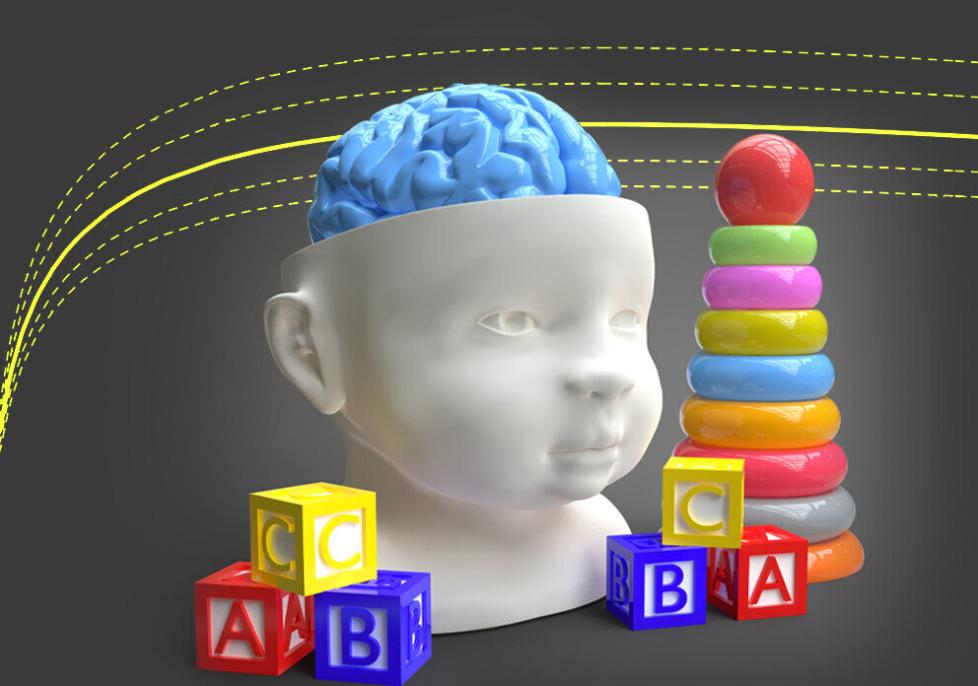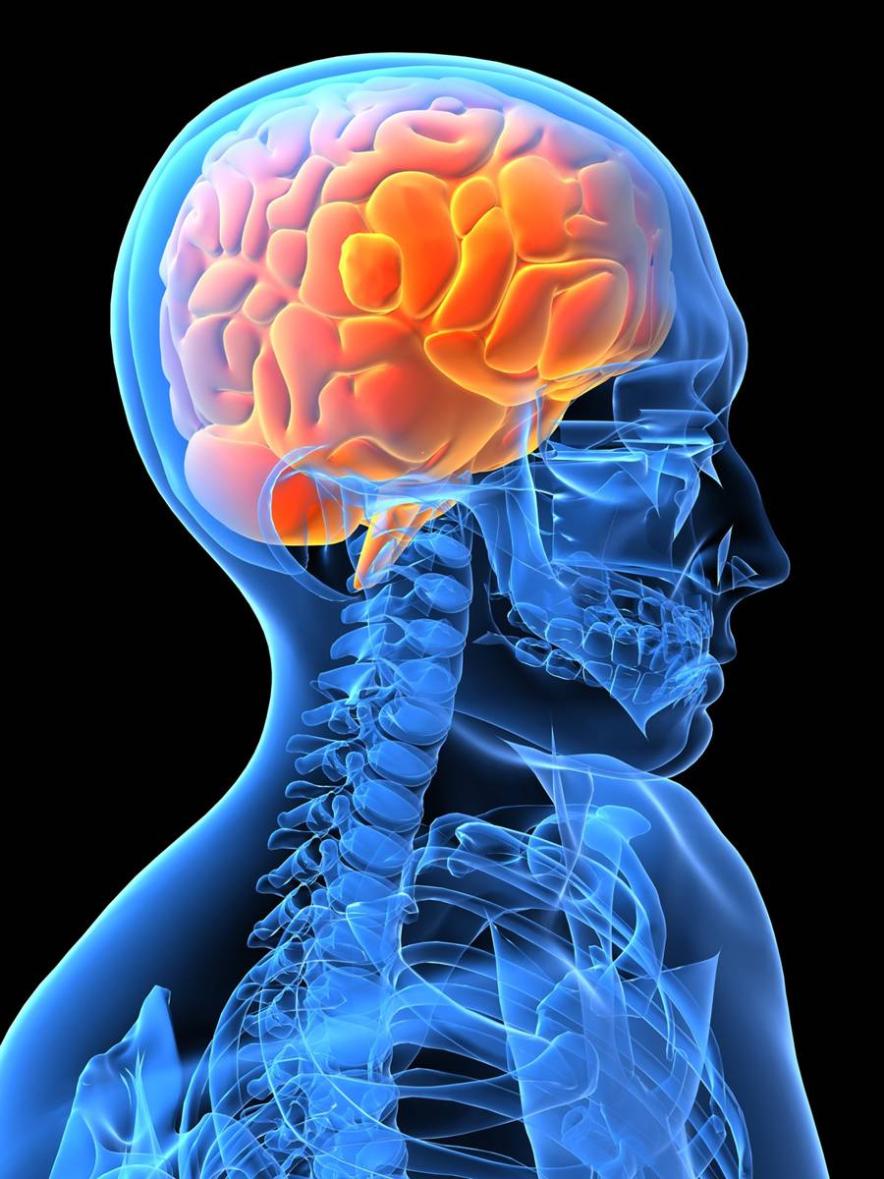What Are the Key Stages of Brain Development and How Do They Affect Me?
Our brains are intricate organs that control our thoughts, actions, and emotions. Understanding the stages of brain development and their impact on us can provide valuable insights into our behavior, learning, and overall well-being.

I. Prenatal Stage (0-8 Weeks):
The prenatal stage marks the foundation of brain development. During this period:
- The neural tube forms, giving rise to the brain and spinal cord.
- Basic brain structures, such as the cerebrum, cerebellum, and brainstem, begin to develop.
- Genetics and environmental factors, including maternal nutrition and exposure to toxins, play crucial roles.
II. Infancy (Birth To 1 Year):
Infancy is a period of rapid brain growth and development:
- Synaptogenesis, the formation of new neural connections, occurs at an astonishing rate.
- Pruning of excess connections refines neural pathways, enhancing efficiency.
- Basic sensory and motor skills emerge, along with the development of language and communication.
- Early experiences and a nurturing environment significantly influence brain development.
III. Early Childhood (1-6 Years):
Brain development continues at a steady pace during early childhood:
- Motor skills and coordination become more refined, enabling complex movements.
- Cognitive abilities, including memory, attention, and problem-solving, develop rapidly.
- Language skills expand, with vocabulary and grammar becoming more sophisticated.
- Social interactions and learning experiences play a vital role in shaping brain development.
IV. Middle Childhood (6-12 Years):
Gradual changes in brain development occur during middle childhood:
- The frontal lobes mature, leading to improved executive functions, such as planning and decision-making.
- Abstract thinking and reasoning abilities emerge, allowing for more complex thought processes.
- Language skills continue to consolidate, with reading comprehension and writing proficiency developing.
- Peer relationships and academic challenges influence brain development.
V. Adolescence (12-18 Years):

Adolescence is a period of significant brain changes:
- Pruning of excess neural connections enhances brain efficiency and specialization.
- The limbic system, involved in emotions and risk-taking behaviors, undergoes maturation.
- Higher-order thinking skills, such as critical thinking and decision-making, develop.
- Hormonal changes and social pressures impact brain development.
VI. Adulthood (18+ Years):
Brain development continues throughout adulthood, albeit at a slower pace:
- Cognitive abilities and skills are maintained through learning and experience.
- Neurogenesis, the formation of new neurons, occurs in certain brain regions.
- Lifestyle factors, including diet, exercise, and stress management, influence brain health.
Understanding the key stages of brain development and their impact on individuals is crucial for education, parenting, and overall well-being. By appreciating the intricate processes that shape our brains, we can foster environments that support optimal brain development and lifelong learning.
As we continue to unravel the mysteries of brain development, we gain valuable insights into our human potential and the incredible journey of our minds.
YesNo

Leave a Reply